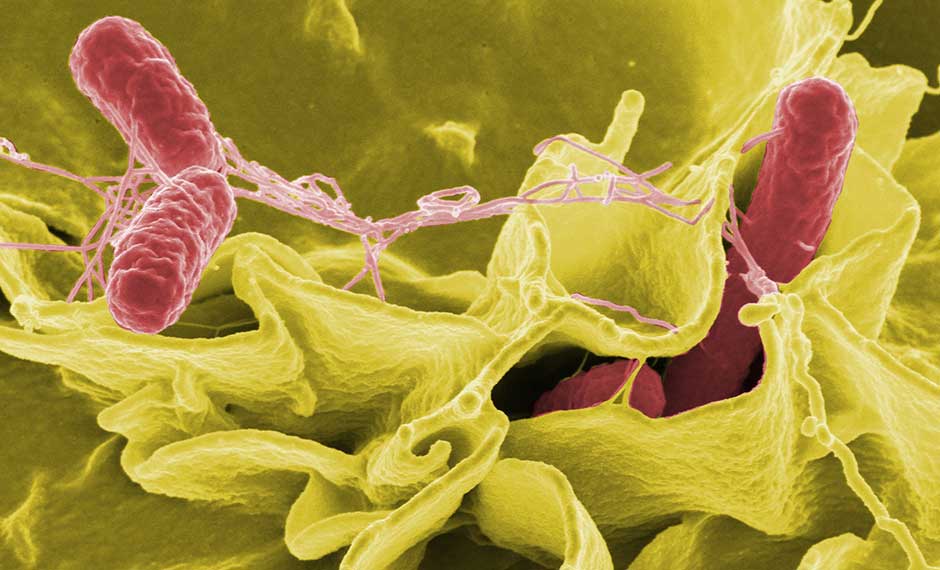Antibiotic resistance has been selected by the British public to be the focus for a £10m prize and the societal challenge they most want solved. The Longitude Prize is a science and technology competition being run by NESTA, the UK’s innovation foundation and funded by the Technology Strategy Board, the UK’s innovation agency.

From Autumn 2014, the prize will be open to everyone, from amateur scientists to the professional scientific community, to develop a solution to a defined challenge related to preventing the rise of resistance to antibiotics. The competition will run for five years, or until the prize is won.
In the first part of the Longitude Prize, six major societal challenges – food, water, dementia, flight, paralysis and antibiotics – were initially identified and then put to the public vote.
The challenges were developed following a lengthy consultation exercise, involving hundreds of scientists, engineers, policy makers as well as the general public in interviews and focus groups. The aim was to identify six areas where innovations could improve people’s lives and develop specific goals that could be solved using the prize money and that would benefit from a wider pool of innovators.
The Longitude Prize takes its name from a similar reward that was offered by the British government three hundred years ago to anyone who could develop a simple and practical method to pinpoint a ship’s location at sea by determining its longitude. The prize was won by John Harrison with his marine chronometer.

